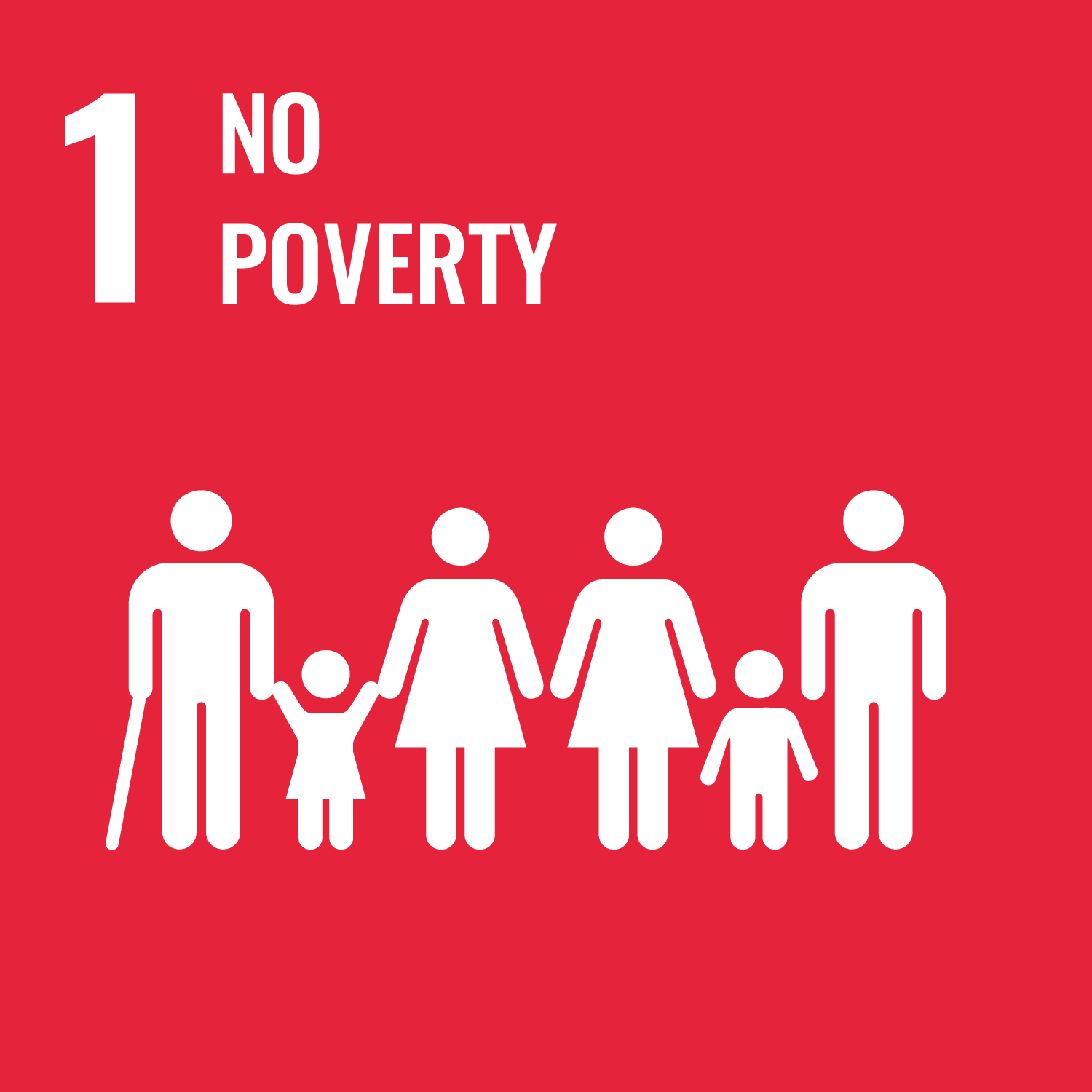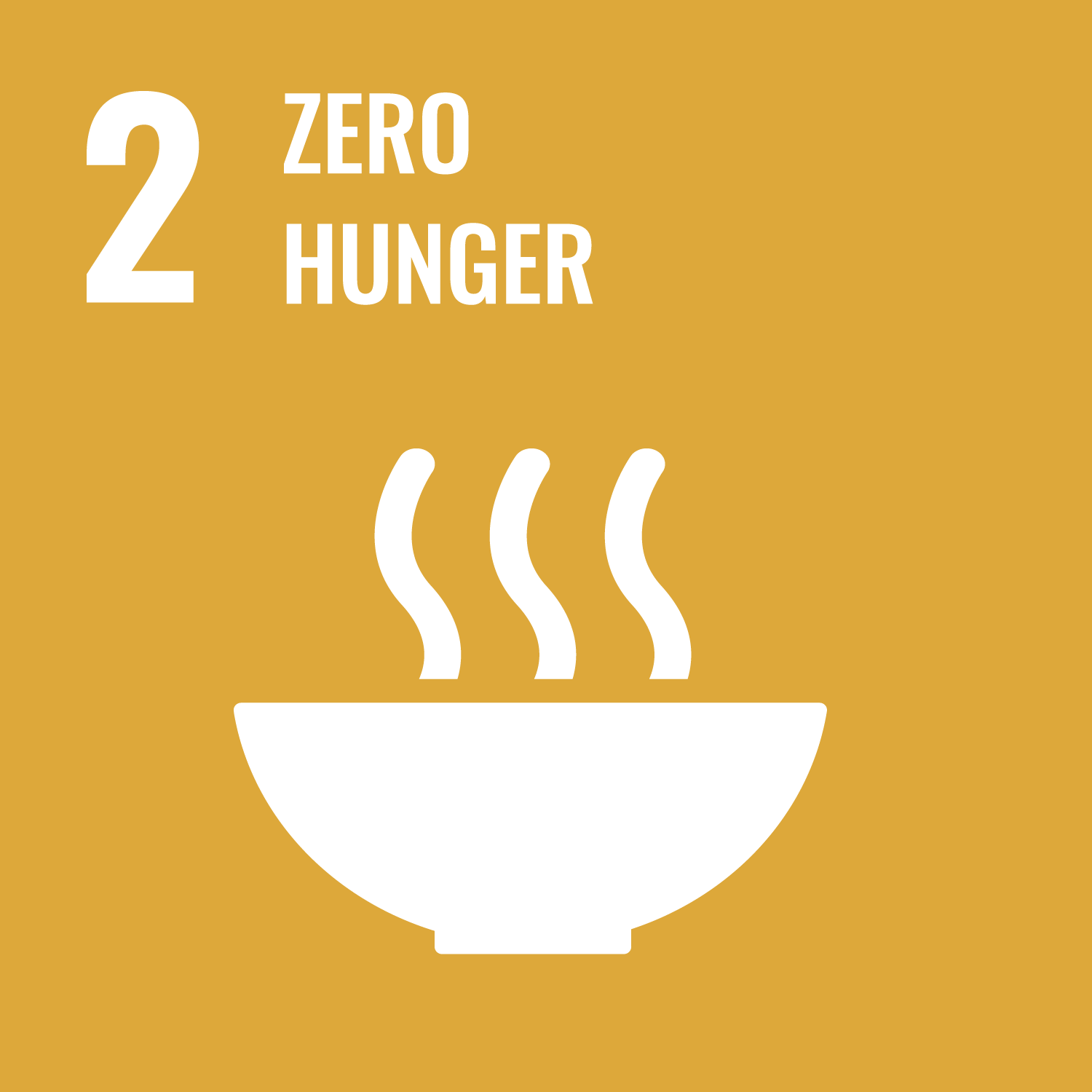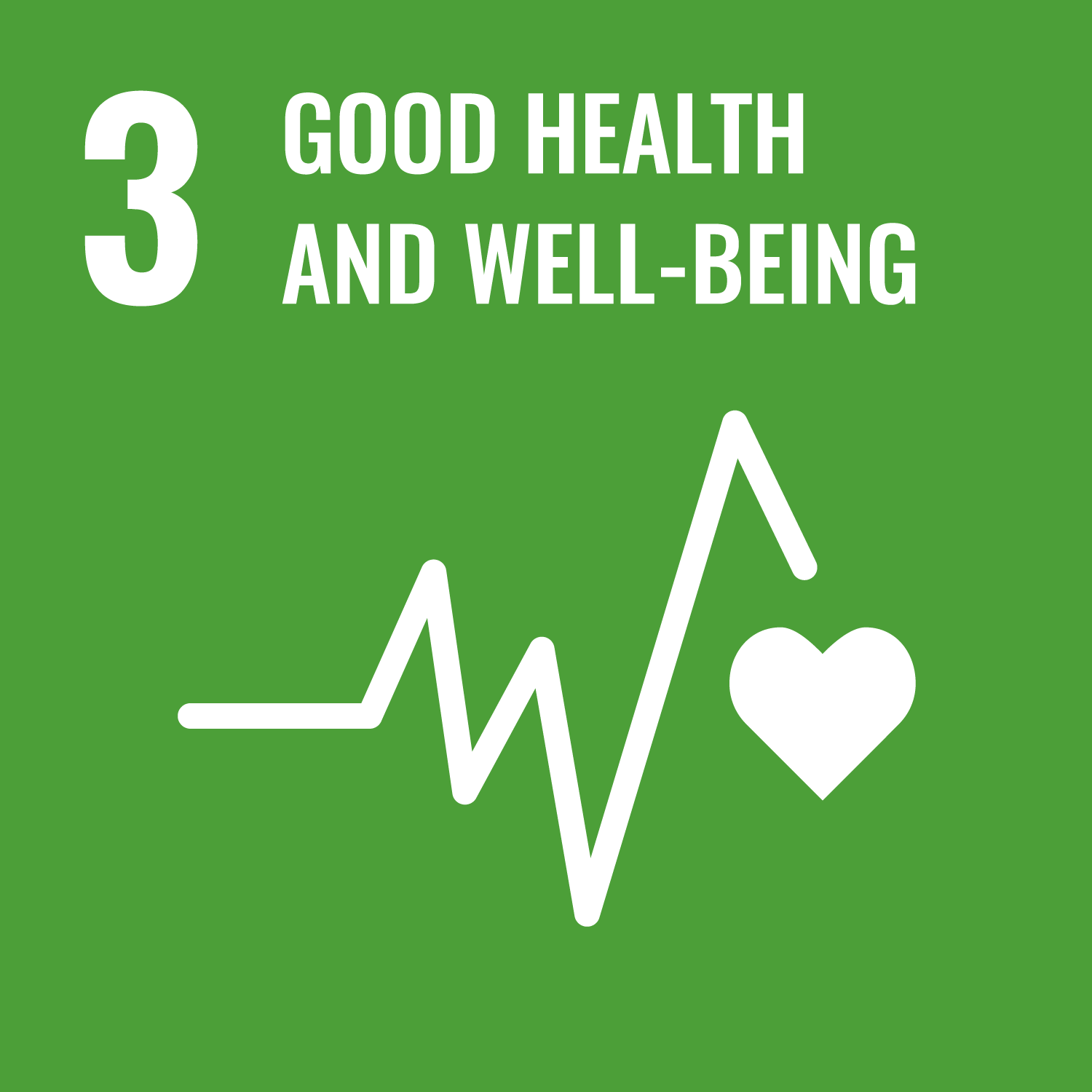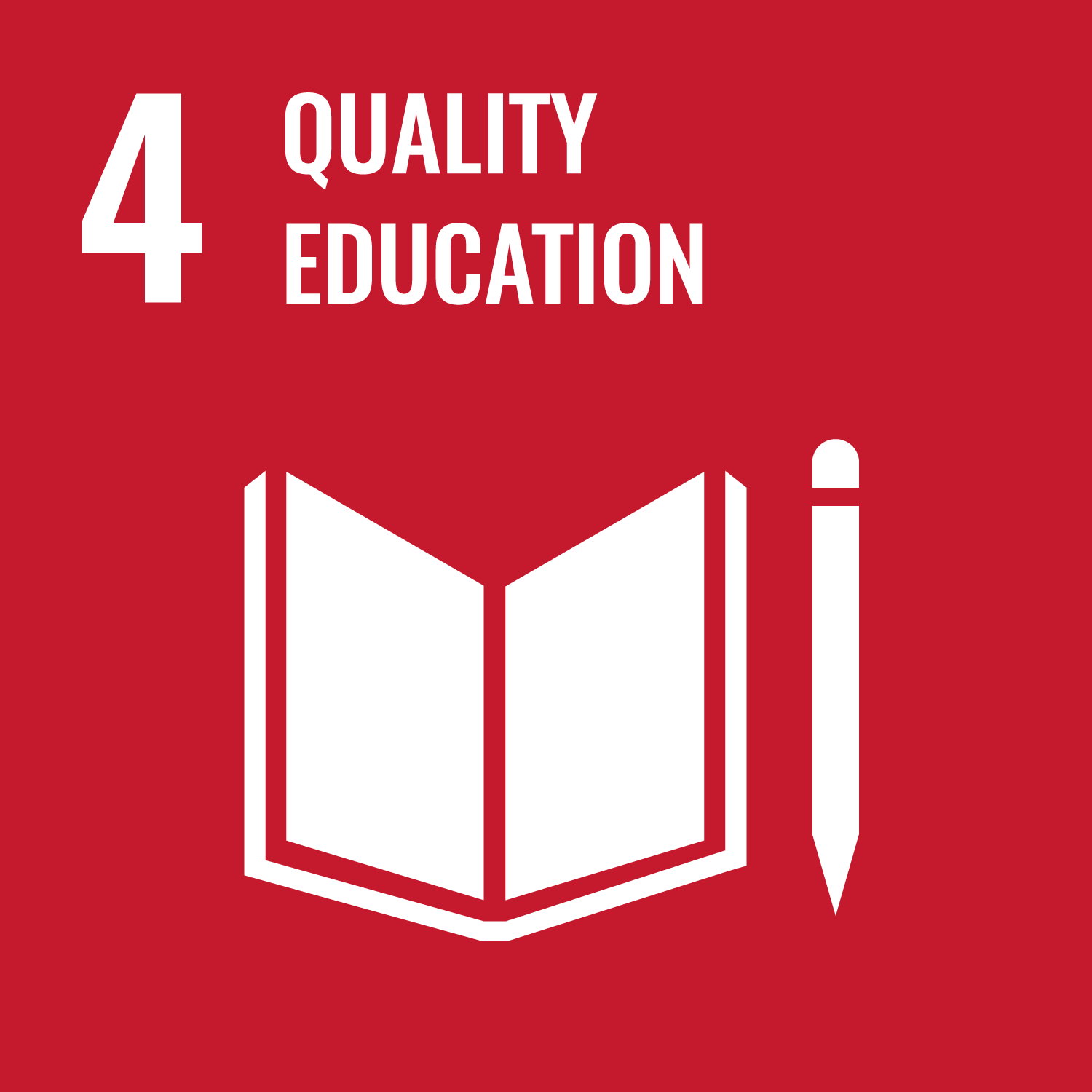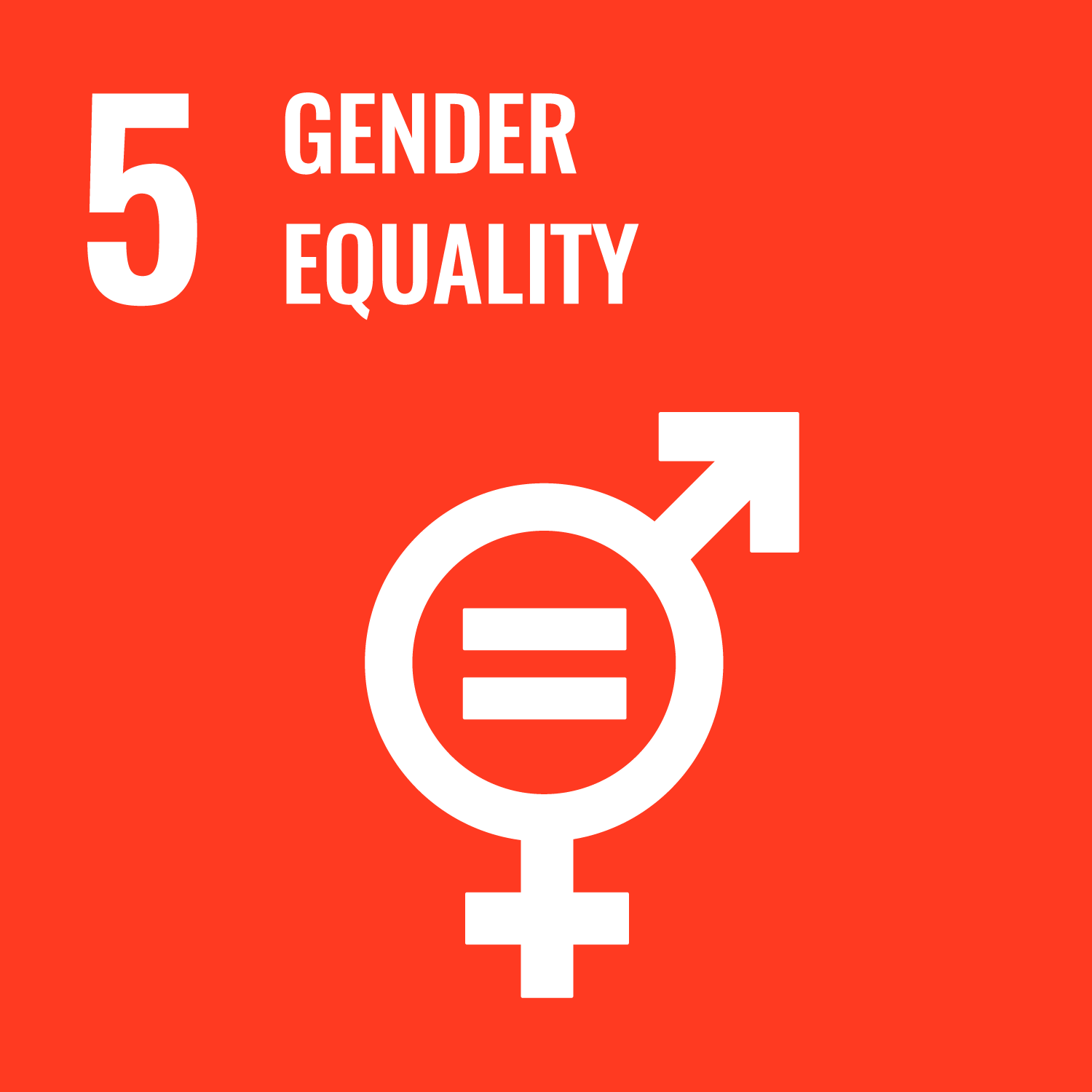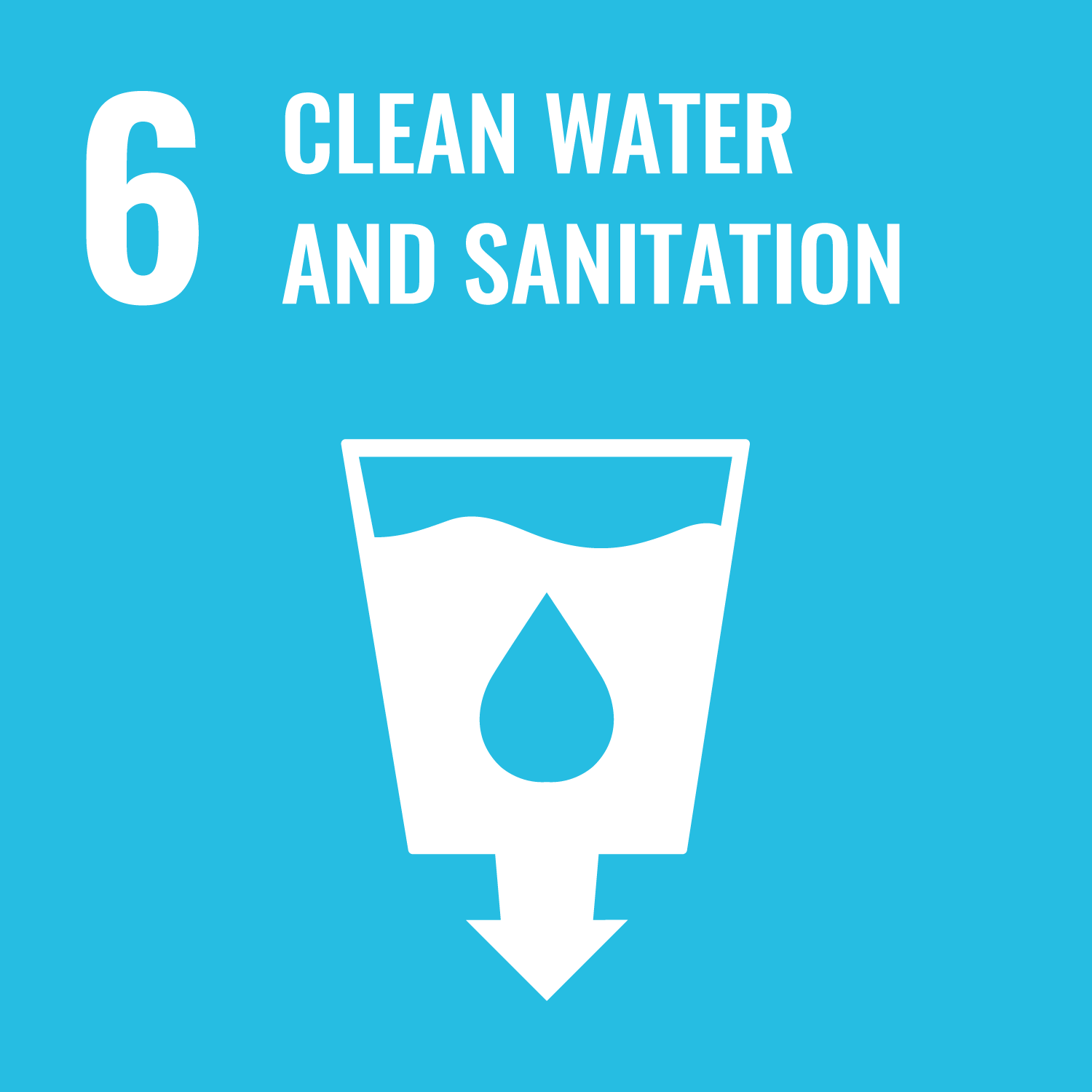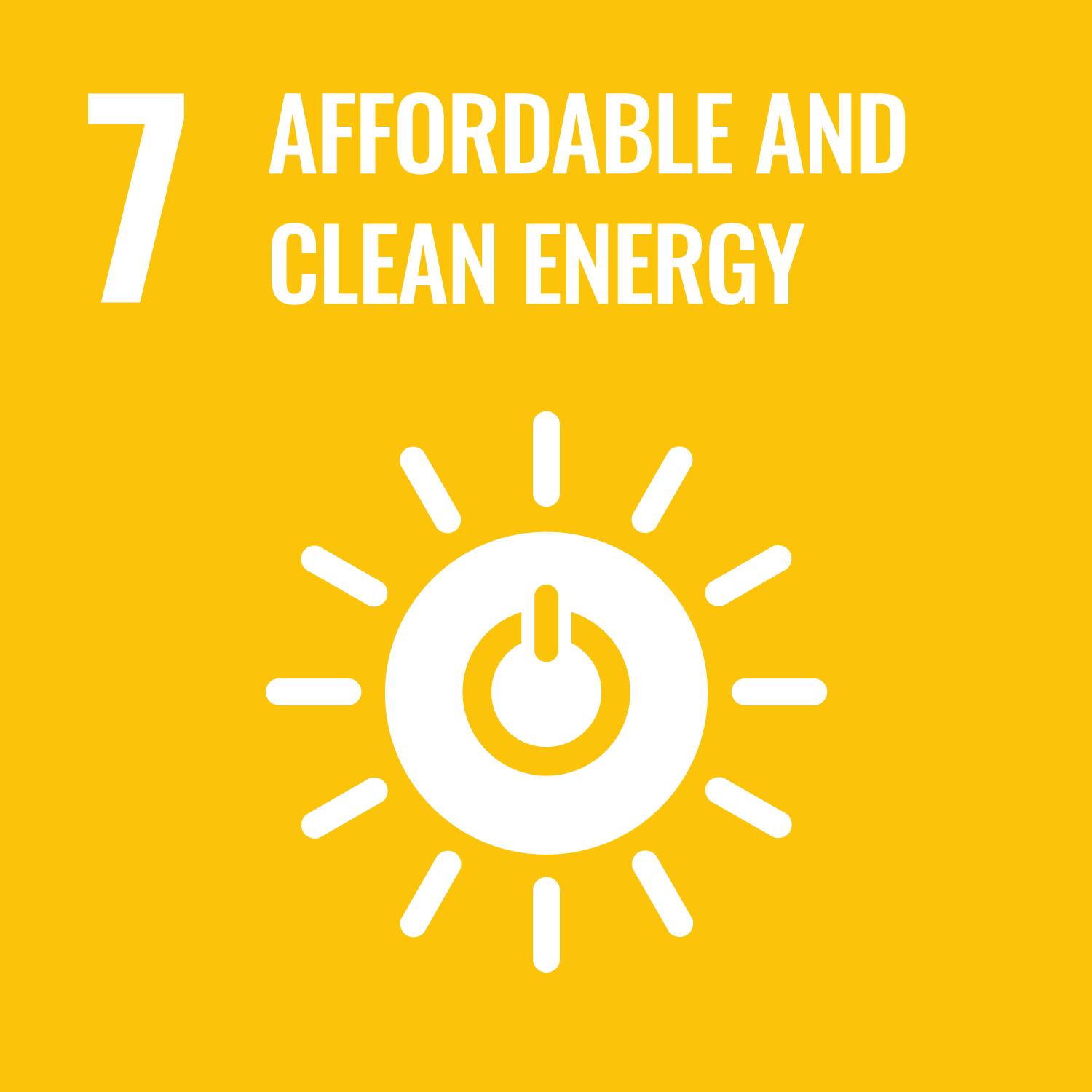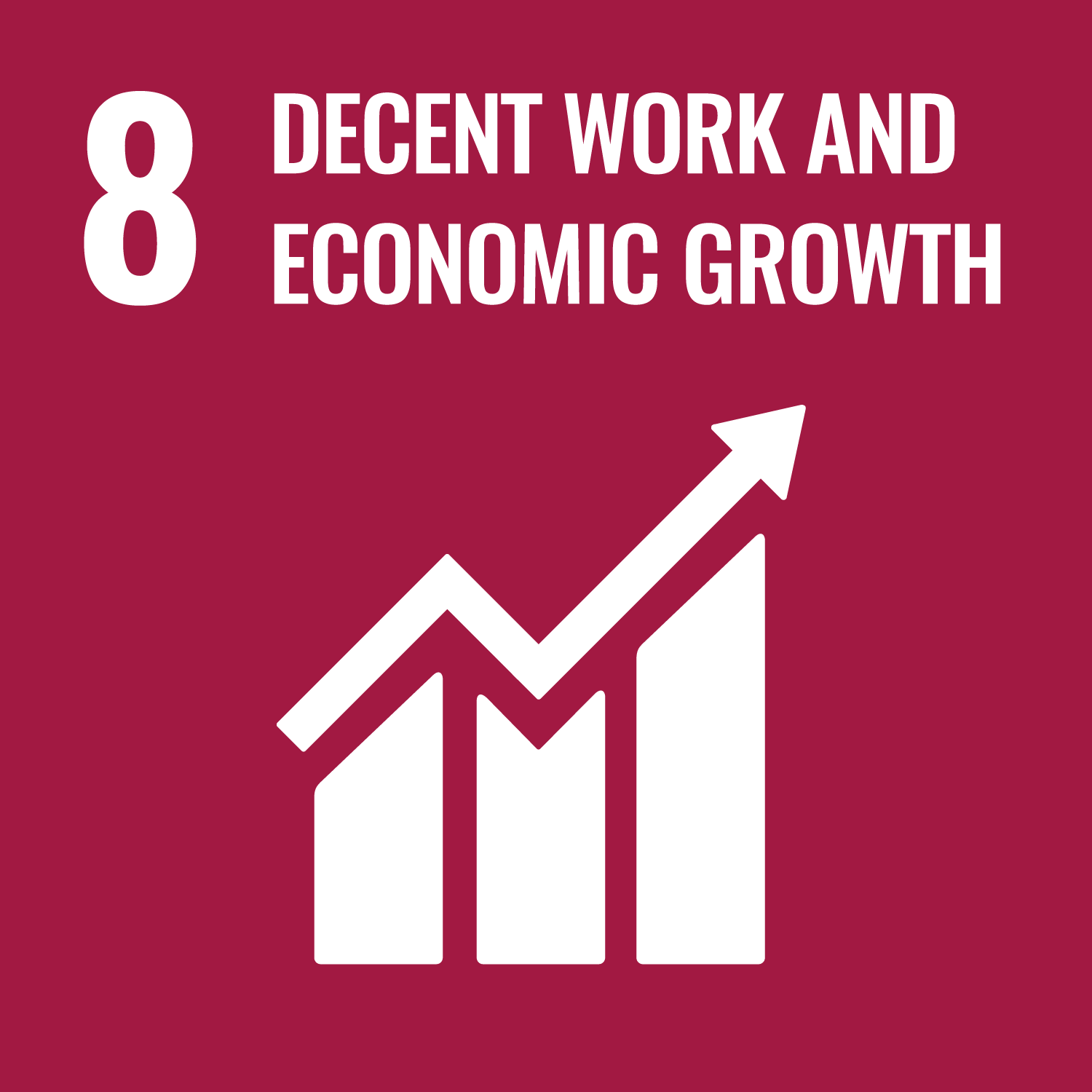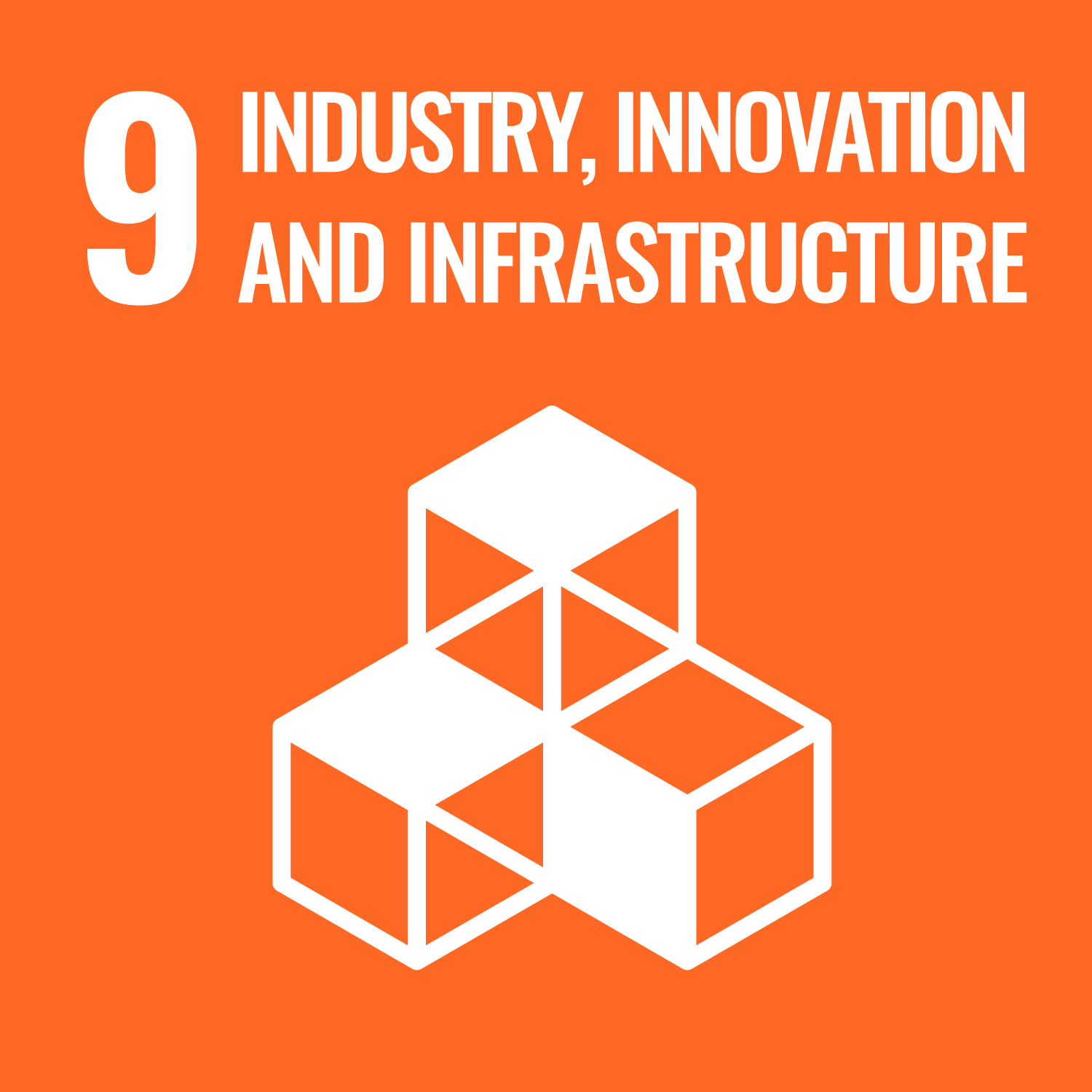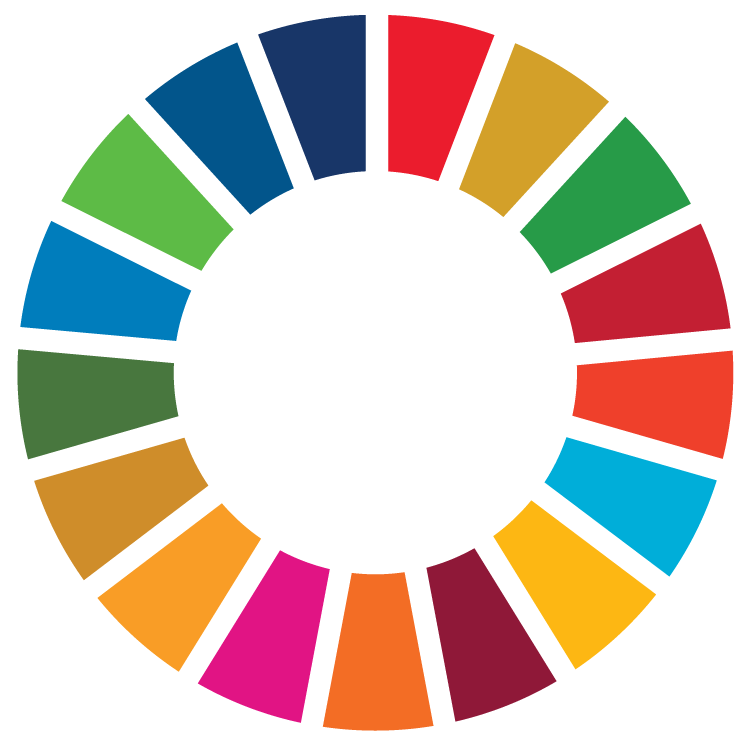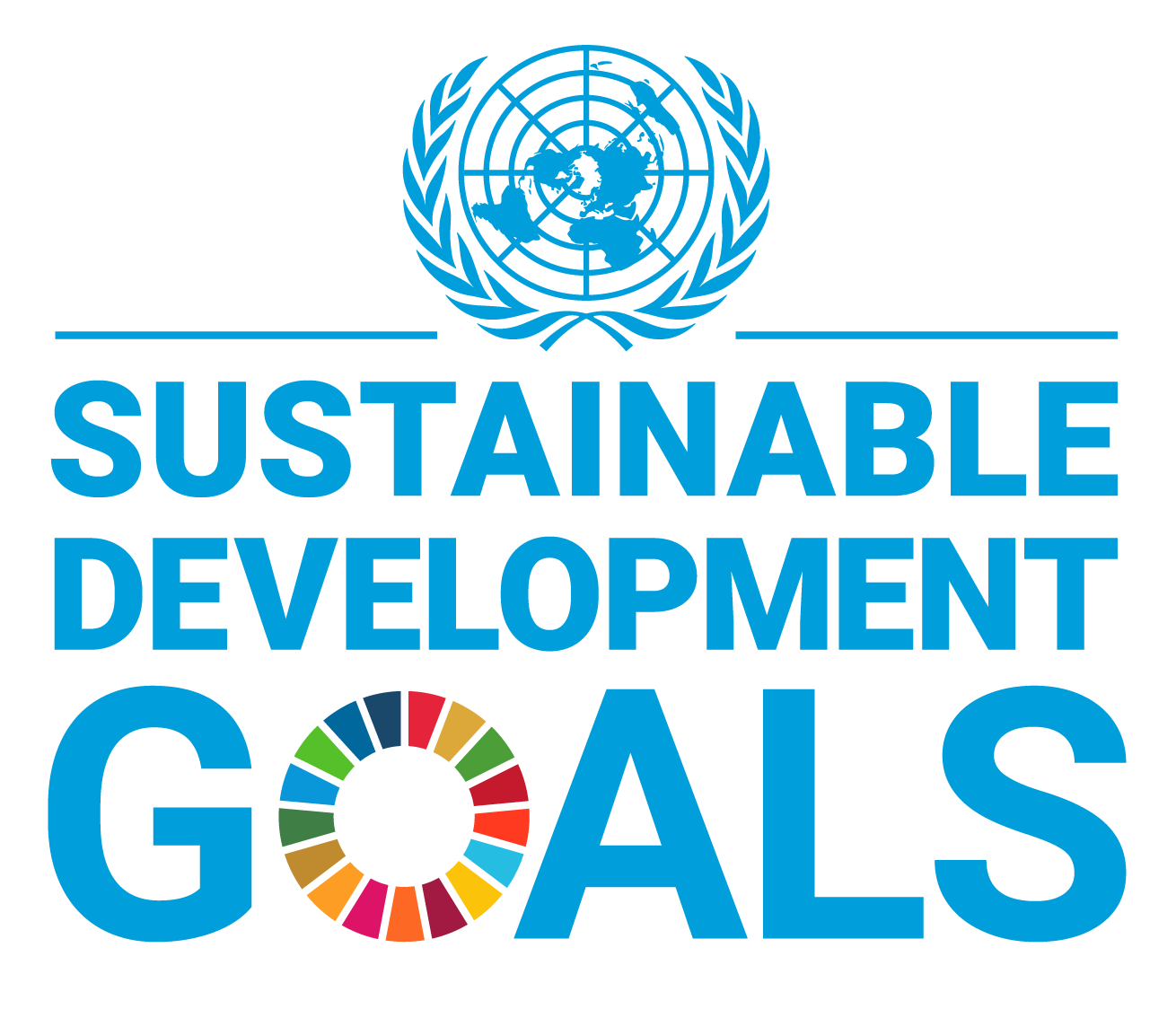- Beranda
- Tentang Kami
- Akademik
- Kemahasiswaan
- Riset
- Unit Layanan Fakultas
- LPPKM
- SDGs Initiatives


To maintain water quality standards within the faculty area, the Faculty of Public Health, Universitas Indonesia has a guideline for water disposal especially liquid waste coming from the Matoa Canteen.
Wastewater from the Matoa Canteen was handled technically using a grease trap, so that oil/fat can be handled separately before being disposed elsewhere by the university’s facility maintenance team. This method was also implemented in other canteens within the faculty area, but the grease trap was in the form of a control tank which is cleaned every day. The faculty also installed a filtration tool to process wash water from the canteens. This tool was installed in October 2023 and was fully used in November 2023 with expected output that the canteens’ wash water can be reused.
Furthermore, the Faculty of Public Health also utilizes liquid waste by having condensation water reservoirs for all air conditioners in the faculty. Condensed water is stored in holding tanks located at 6 points within the faculty, each with a capacity of 1,000 liters which is full within 2-3 days. The water collected in the tanks are used to clean floors and water plants by the faculty’s janitors. Aside from reusing water from the condensation water reservoirs, a rainwater storage treatment plant was also installed within the areas of the faculty. Rainwater collected in the ground tank is channeled through pipes and filtered into clean water, then channeled to the toilet in Building G.
The Faculty of Public Health, Universitas Indonesia has a policy on reducing plastic waste on campus. This policy is stipulated in SE-744-UN2.F10.D-HKP.04-2020 – Appeal for Limiting the Use of Plastic and Paper as an updated circular and reminder for the community. Through this policy, the faculty encourages everyone to start bringing their own drinking bottles. The faculty also stopped providing bottled drinking water for lecturers. Instead, lecturers are provided with a glass of water which will be washed and refilled before the class starts.
The Faculty of Public Health, Universitas Indonesia already has a policy, process or practice on waste disposal, which includes the management of hazardous materials.
In a year, the faculty can produce up to 5.53 tons of hazardous waste consisting of residue. According to the policy that we have, the standard procedure is to sort the waste, contain the waste, weigh and record the waste, then label the waste containers.
For hazardous waste, it must be handled safely using special containers and must be labeled based on its hazardous criteria. The faculty also provided a specific waste dropbox for broken electronic devices such as glasses, neon lights, and used batteries.
After being collected by the faculty, the management and disposal of this hazardous waste will be carried out by a third party who has been appointed by Universitas Indonesia.

